With the arrival of the cold wave, many people who are not accustomed to snow and cold weather, and even those who are, may not know how to take countermeasures against the “severe cold weather”.
Here are a few ways to prepare for the cold weather.
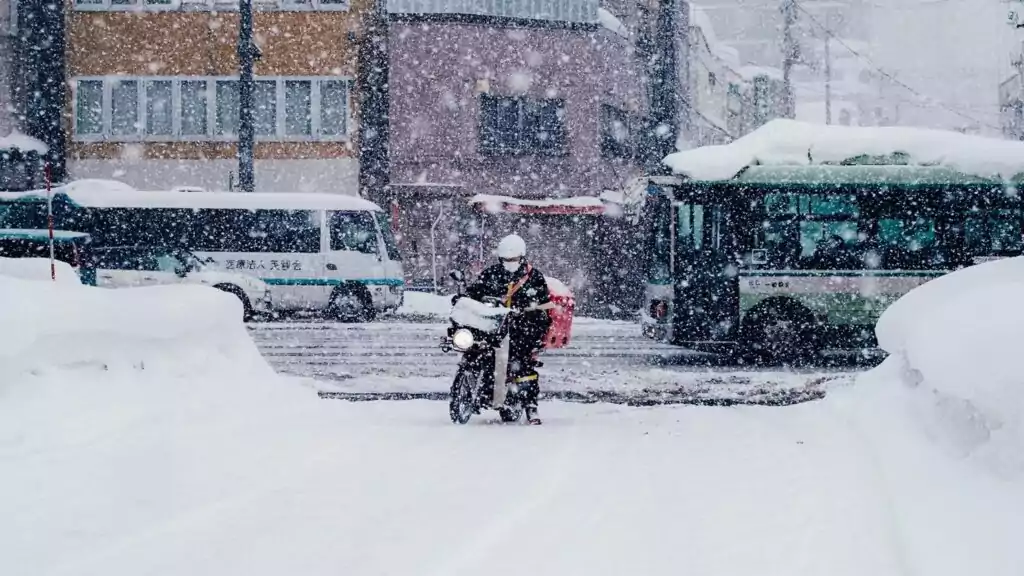
Check Weather Warnings from the Japan Meteorological Agency
First, check the weather forecast to obtain correct information.
According to the Japan Meteorological Agency, an “advisory” is a forecast that calls for caution when a disaster is likely to occur, a “warning” is a forecast that calls for caution when a serious disaster is likely to occur, and a “special warning” is when the threat of a serious disaster has increased significantly, and a special warning is issued to call for maximum caution. Special warning” is a forecast issued when there is a significant increase in the risk of a major disaster occurring.
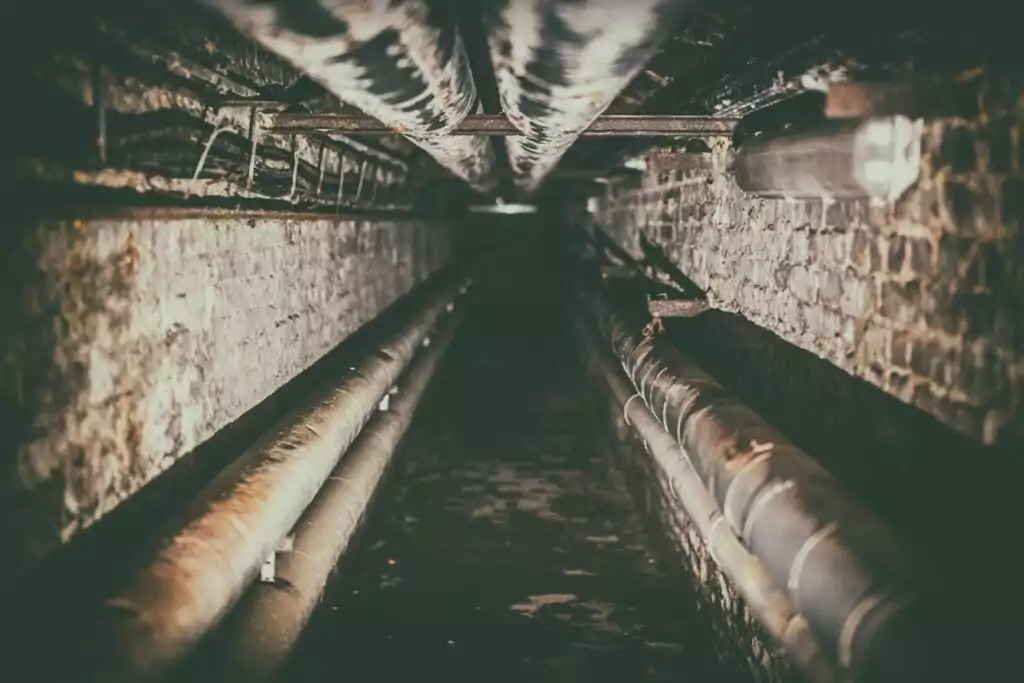
Prevention of Freezing of Water Supply
When temperatures drop below freezing, the water in water pipes freezes, which may cause water to stop running or damage the pipes. According to the Waterworks Bureau, water pipes are most likely to freeze when the temperature falls below -4°C or when the house is left unattended for several days.
As a countermeasure, wrap towels, cloths, blankets, Styrofoam, etc. around outdoor water pipes to prevent direct exposure to outside air. If you are going to be away from home for a long period of time, it may be effective to drain the water pipes. Keeping water running from faucets will also help prevent freezing. It is difficult to leave water running from all faucets in the house, so it is a good idea to keep a small amount of water running from the bathroom faucet and fill the bathtub in case the water stops running.
If the water does freeze, wait until it thaws naturally. If you need to use the water quickly, wrap a towel around the frozen area and slowly pour warm water over it to thaw it. Never pour boiling water here. It may cause the equipment or piping to burst.
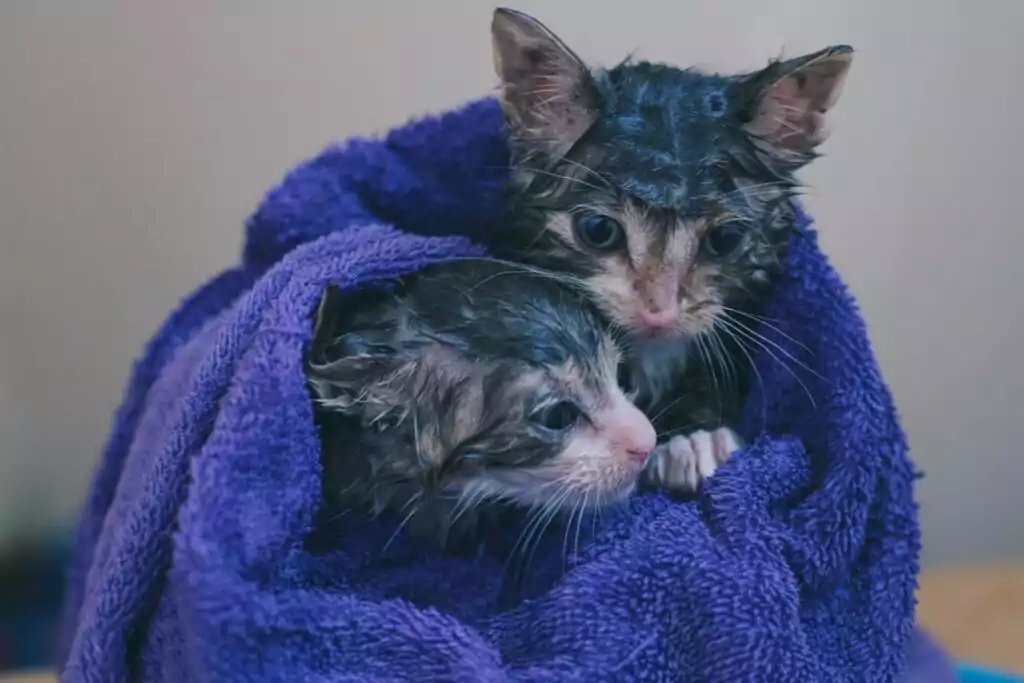
Prevention of Freezing of Water Heater
Even if the water supply is well-protected against freezing, if the water heater malfunctions, hot water will not be available. Water heaters are equipped with a freeze protection function in advance, but this may not be enough to prevent freezing during cold weather. The easiest way to prevent freezing is to keep the hot water running, but if the outside temperature is extremely low, we recommend draining the water heater and removing it completely to prevent freezing. The procedure and precautions for draining water may differ depending on the type of water heater, for example, the water is hot immediately after use, so draining must be done after the water heater has cooled down.
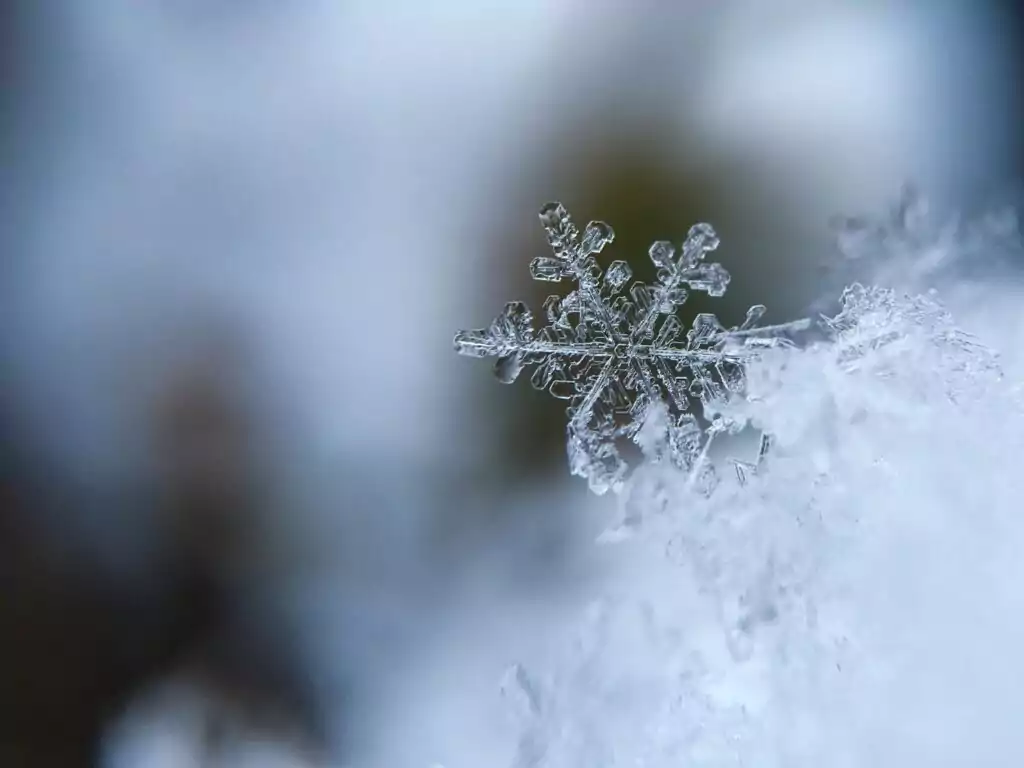
Measures Against Snow
When people walk on snow on the road surface, it freezes and becomes slippery, so it is necessary to secure the path while snow is still small. If you try to melt the snow by pouring hot or cold water on the frozen road surface, the water used to melt the snow may freeze again, making it even more slippery.
If there is a heavy snowfall, it is necessary to remove the snow from the roof. Accidents are not uncommon during snow removal, so be sure to have at least two people working together or call out to family members and neighbors before starting the job.
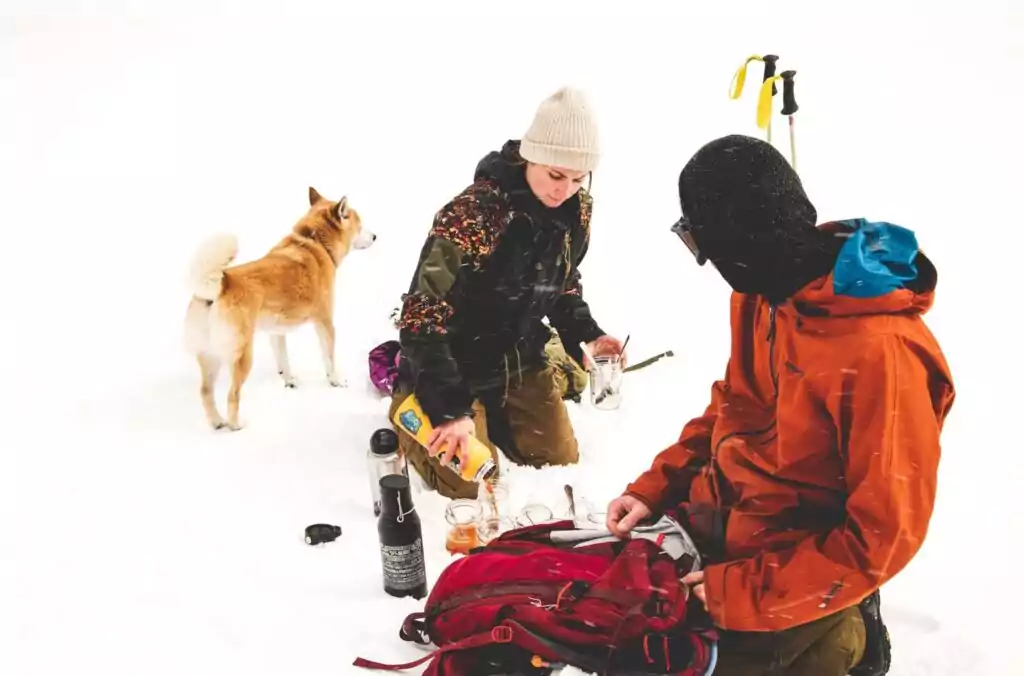
Measures to Take When Going Out
Try to stock up on food beforehand and make preparations to stay out as much as possible. However, many people will have to go out to commute to work or school. If you are not used to walking on snowy or icy roads, you may fall down, so when going out on foot, keep your stride small and walk slowly to avoid falling. If you do not have snow shoes, choose shoes with grooves on the soles, or install non-slip soles on the soles of your shoes.
When going out in your own car, never use normal tires. To prevent slipping, drive slowly and keep a wide distance between vehicles, and be careful not to brake or steer suddenly. If you are stuck in heavy snow, be careful of carbon monoxide poisoning. If the muffler at the rear of the car is covered with snow while the engine is running, exhaust gases containing carbon monoxide can back up into the car and cause a fatal accident. Keep the windows slightly open while regularly removing snow from around the muffler.
Related articles:
- Apartment Essentials for the Colder Season
- 9 Practical Tips to Save On Your Electricity Bill During Winter
- How to Stay Warm and Cozy at Home During the Winter Season



